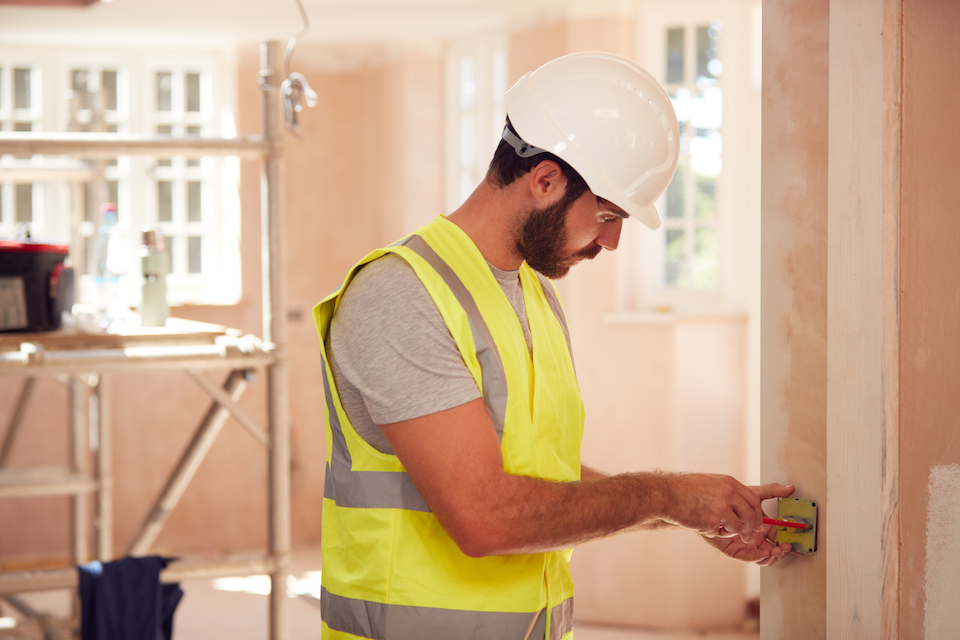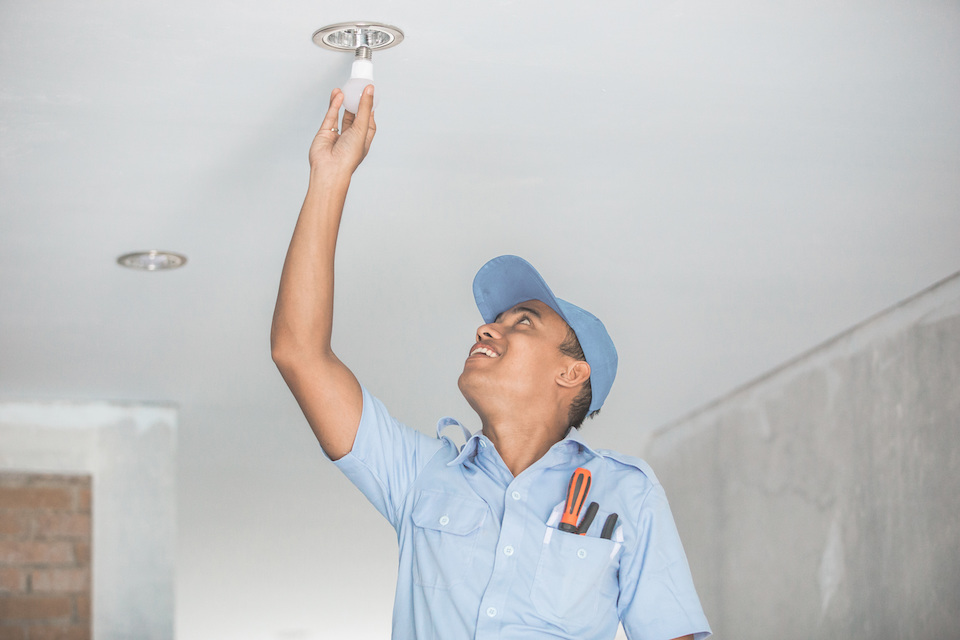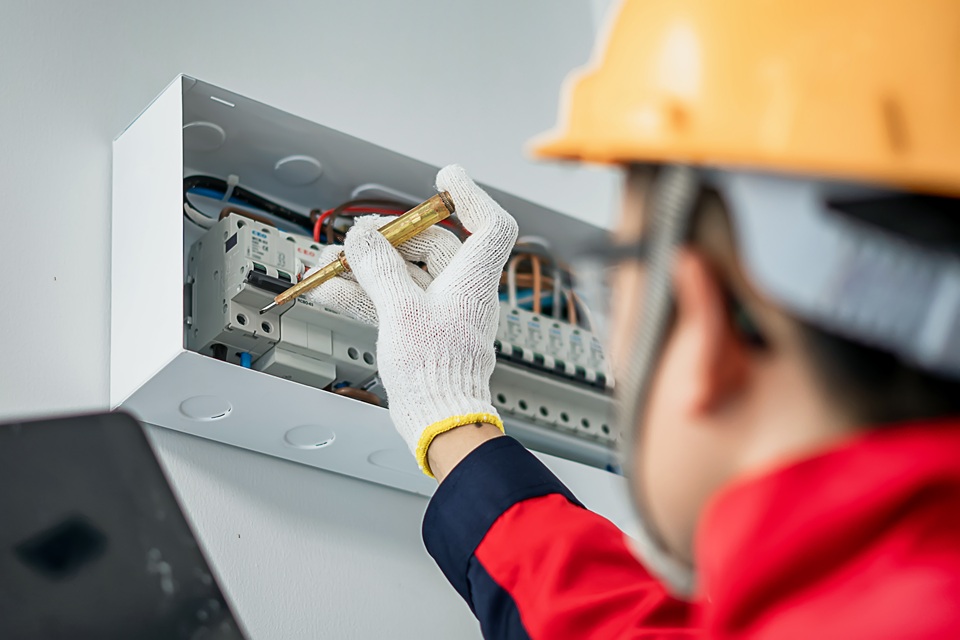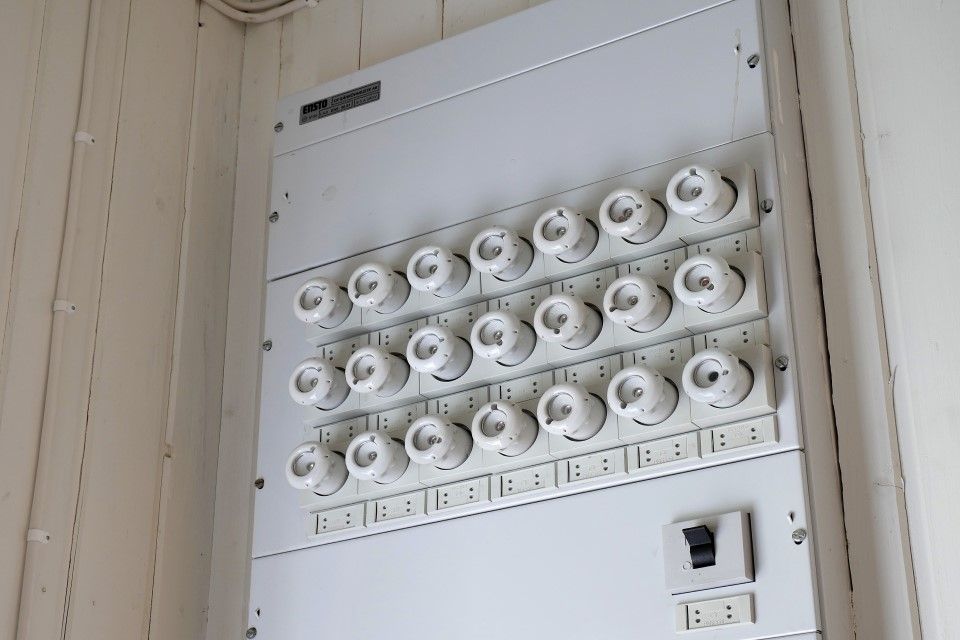How Much is PAT Testing?
Let's calculate the cost of an EICR certificate!
In this article, we'll look at the average cost of an electrical safety certificate and PAT testing. We will discuss the pricing ranges of a certificate for both a house and a flat as well, as the cost per item being tested for a PAT test.
While it varies from building to building...
Electrical safety certificates usually cost somewhere in the range of £100 to £350.
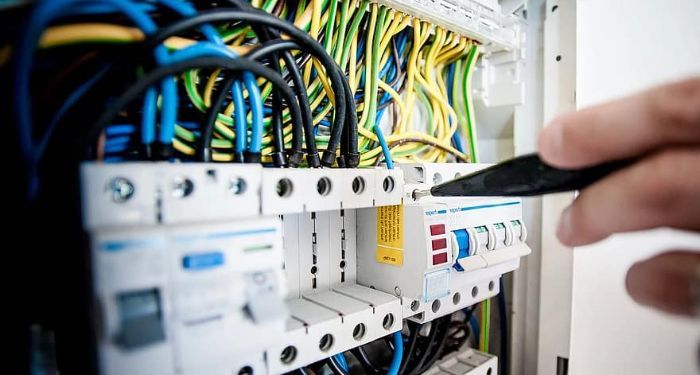
For a medium-sized home, you can expect the price of a certificate to be around £150 to £250.
Most PAT testing charges will land between £1 and £3 per appliance tested.
There are some providers who may charge you a little bit less than £1 per item, especially if you have lots of appliances for testing at the same time. Most testers will set a minimum fee so that the journey is worth their while.
If you only need a few appliances to be tested, you will likely incur a standard fee on top of the price of the appliances tested.
Electrical Safety Certificate & PAT Testing Costs
The costs of electrical safety certificates and PAT testing will mainly depend on the amount of work involved.
Electrical Safety Certificate Prices
Check out the tables below to find out how much an electrical safety certificate will cost you:
| Housing | Average Price Range |
|---|---|
| One-bedroom apartment | £100 to £200 |
| Two-bedroom apartment | £120 to £250 |
| Three-bedroom apartment | £180 to £250 |
| 1-2 bedroom house | £150 to £200 |
| 3-4 bedroom house | £200 to £300 |
| 5+ bedroom house | £300 or more |
PAT Testing Prices
Check out the tables below to find out how much PAT testing will cost you:
| Number of Appliances Tested | Average Pricing Range |
|---|---|
| Less than 60 items | Minimum standard fee of £50 to £70 |
| 60 - 75 items | £60 to £150 |
| 75 - 100 items | £75 to £200 |
| 100 - 200 items | £100 to £400 |
| 200+ items | £200+ |
- How Much is PAT Testing?
- Electrical Safety Certificate & PAT Testing Costs
- Prices for Different Types of Electrical Safety Certificates
- What Extra Costs Could You Incur?
- Cost Depending on Location
- PAT Testing Cost Depending on Location
- Tradesmen Prices for an Electrical Safety Certificate & PAT Testing
- FAQs
Prices for Different Types of Electrical Safety Certificates
There are several types of electrical safety certificates, which we will break down in this section. We will look at Part P of UK building regulations, electrical installation condition reports (EICR) and landlord electrical safety certificates.
Part P Certificate Cost
Part P of UK building regulations refers to any electric installation work for a new building. Part P also applies to changes made to any existing electrics, such as rewiring.
These rules apply to England and Wales, while Scotland has equivocal regulations in the form of the Building Standards system.
Since 2012, Northern Ireland has also had equivalent provisions to Part P, although enforcement of the rules varies there compared to England and Wales.
Part P of the regulations is designed to ensure that residents are protected from electrocution and fires. You can obtain a Part P certificate by employing a self-certified electrician who has joined a Part P scheme to certify your building’s work.
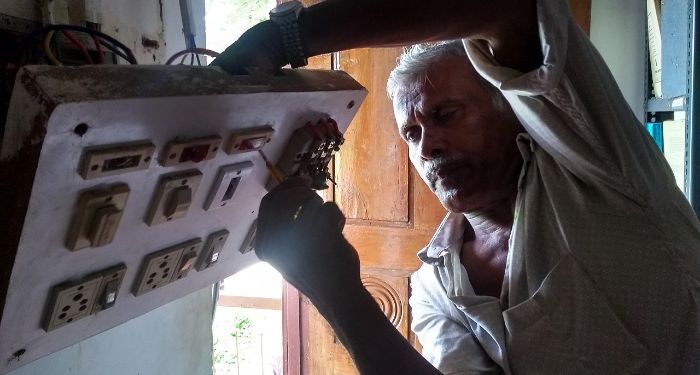
Alternatively, you can hire an electrician who hasn’t joined a Part P scheme to perform the work before allowing Building Control to inspect your property’s electrics.
Usually, it won’t cost you anything extra for a self-certified electrician to certify the work on your building, although having Building Control inspect and certify your electrics may cost somewhere from £200 to £400.
You should contact your local council for a better idea of how much Building Control Part P certification will cost in your area.
Landlord Electrical Safety Certificate Cost
This certificate is applicable to landlords.
Since 2020, all landlords are now legally required to obtain this certificate at least once every 5 years.
A landlord's electrical safety certificate cost will usually be around £175.
Electrical Installation Condition Report Cost
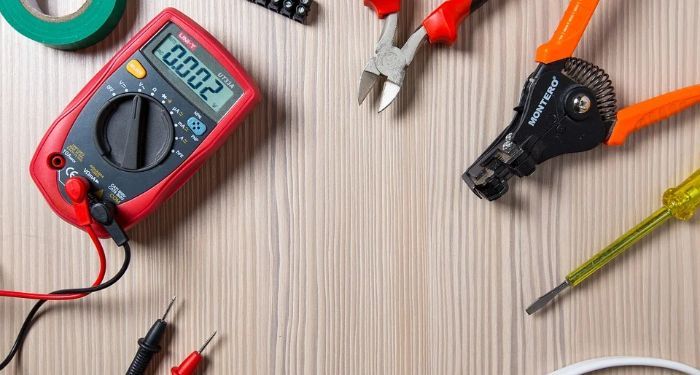
An EICR results from recurring inspections of the safety of a property’s fixed wiring. The main objective of an EICR is to protect residents from electric shocks and fires. For an average home, EICR costs will be roughly between £100 and £200.
The larger the premise, the more an inspection and report will cost. For a large school, for example, they’d need to budget for an electrical installation condition report cost of between £3000 and £5000.
What Extra Costs Could You Incur?
In obtaining a certificate or having a PAT test undertaken, problems which need fixing may be discovered. If this is the case, repairs, changes or upgrades will likely come with a fee, which we will explore in this section.
Bear in mind that having multiple small electrical jobs completed together may save some money on minimum call-out charges or other labour fees.
Socket Replacement Cost
The cost of replacing a socket will range in price from £85 to £165 and should involve between 1 and 4 hours of work.
Light Switch Replacement Cost
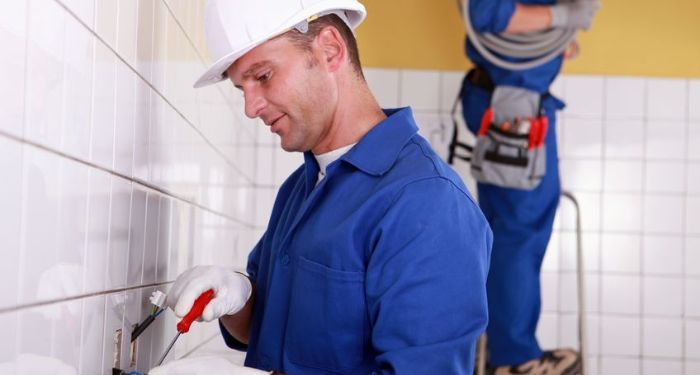
A standard light switch replacement will likely cost between £35 and £55. It’s usually the type of job that can be done in an hour or less. If you wish to install a new dimmer switch, this might cost you between £35 and £65.
Power Cable Repair Cost
If you intend to have a power cable repaired on an appliance at home, this will probably cost you between £35 and £55. It would also be the type of job that would take 60 minutes or less to complete.
Fuse Board Upgrade Costs
If you need to replace your fuse box, it will likely cost hundreds of pounds to install a new one. Usually, a new installation will cost between £400 and £700.
A 40-amp rated fuse box should cost about £250 to £300, while a fuse box with a 100-amp rating will likely be in the range of £470 to £510 with other options falling in between.
Earthing and Bonding Costs
Some homes will not have the appropriate earth bonding, something that is important for the safety of your electrical system.
There are two options your electrician may suggest: bonding to gas/water pipes (approximately £100 to £300) or installing an earth rod system (£150 to £250).
Partial Rewiring Cost
The electrical safety check may show issues with the wiring around your home.
In some cases, just the single circuit needs to be repaired to make the house safe again. On average, the cost to repair a single faulty circuit is around £100 to £250, depending on the complexity of the work.
More substantial rewiring jobs, such as a kitchen rewire, may be around £500 to £1,500.
House Rewiring Cost
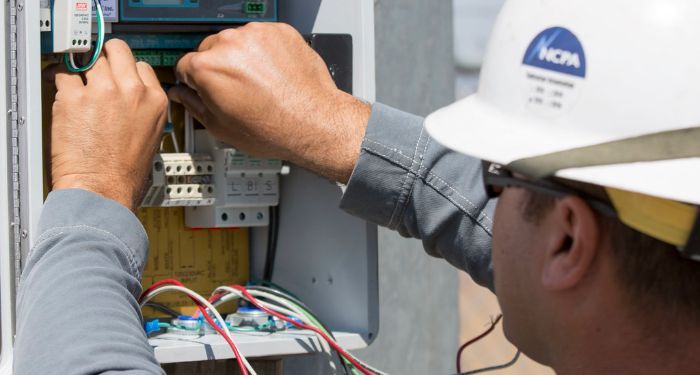
A full house rewire can be costly, starting from around £2,500 to £3,500 for a small flat.
If this work needs to be done to make your home's electrics safe, the costs could be significant. For example, the house rewiring cost for a 4-bedroom property could be between £5,000 and £7,000.
Cost Depending on Location
Where you live in the UK can impact the cost of getting an electrical safety certificate and PAT test. The tables below break down the pricing ranges estimated on the basis of your locality.
In our breakdown of electrical safety certificates, we show estimates of prices for a Part P certificate, a landlord electrical safety certificate, as well as the region-by-region electrical condition report cost.
The cost of living in your region of the UK will affect the pricing that individuals or firms will set, while supply and demand levels in your area will also be a factor in the total cost.
Another consideration is how easily the nearest providers can access your property. The longer their journey, the higher their fuel costs will be, which may increase your overall bill.
Electrical Safety Certificate Cost Depending on Location
The table below shows some examples of electrical certificate cost range estimates for different regions across the UK. For more information, contact providers or the council (where applicable) in your local region to request a quote.
The price ranges below are averages and will not reflect the prices offered by all providers in the regions listed.
| Location | Part P | Electrical Safety Certificate | EICR |
|---|---|---|---|
| City of London | £150 - £500 | £120 - £250 | £150 - £300 |
| Greater Manchester | £100 - £400 | £100 - £180 | £100 - £180 |
| Merseyside | £150 - £450 | £110 - £180 | £120 - £200 |
| Tyne and Wear | £120 - £300 | £100 - £150 | £100 - £160 |
| Essex | £120 - £350 | £100 - £150 | £120 - £250 |
| Cardiff | £120 - £400 | £100 - £140 | £90 - £150 |
PAT Testing Cost Depending on Location
Here are some examples of PAT testing prices with cost range estimates by region for the UK:
| Location | Average Pricing Range (per 60 items) |
|---|---|
| City of London | £200 - £240 |
| Greater Manchester | £70 - £90 |
| Merseyside | £80 - £100 |
| Tyne and Wear | £90 - £120 |
| Essex | £200 - £230 |
| Lancashire | £70 - £90 |
| Yorkshire | £100 - £130 |
| Westmorland | £110 - £140 |
| Northamptonshire | £110 - £140 |
| Hampshire | £200 - £230 |
| Cambridgeshire | £150 - £180 |
| West Midlands | £100 - £130 |
Tradesmen Prices for an Electrical Safety Certificate & PAT Testing
In this section, we will analyse the prices that an electrician may set for undertaking an electrical safety certificate or a PAT test. Various factors will determine the price.
As mentioned earlier, location will play a role, but other factors that will make up the total cost include labour expenses and installation costs.
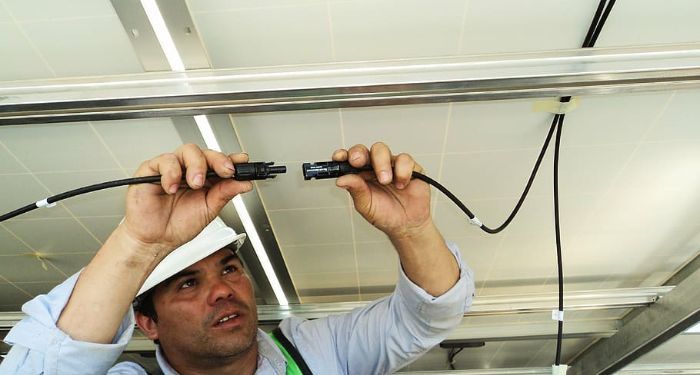
Labour costs can vary depending on the size of the house since a larger home will require more time and work. The more time a labourer must spend at a given house (over multiple days) will also increase their fuel expenses, which may bring up the total cost further.
The number of appliances being tested for a PAT test will play a key role in determining the price of such a test. Most providers will set a standard fee, then charge per appliance after a certain number of items.
FAQs
Q: How much does PAT testing cost per appliance?
A: PAT testing will usually cost between £1 and £2 per appliance.
Q: Am I legally obligated to get an electrical safety certificate?
A: Landlords are required to get a certificate at least once every 5 years to prove the property is safe.
Q: What is an EICR?
A: An EICR is a report produced after an assessment is undertaken by an appropriate professional (such as a qualified electrician) regarding the safety of the electrics in a given property.
Q: How fatal are electric shocks in the UK?
A: Electrical accidents are responsible for roughly 70 fatalities per year in the UK.
Q: How often should a landlord of a single-occupancy home get a new EICR?
A: Roughly every five years.



